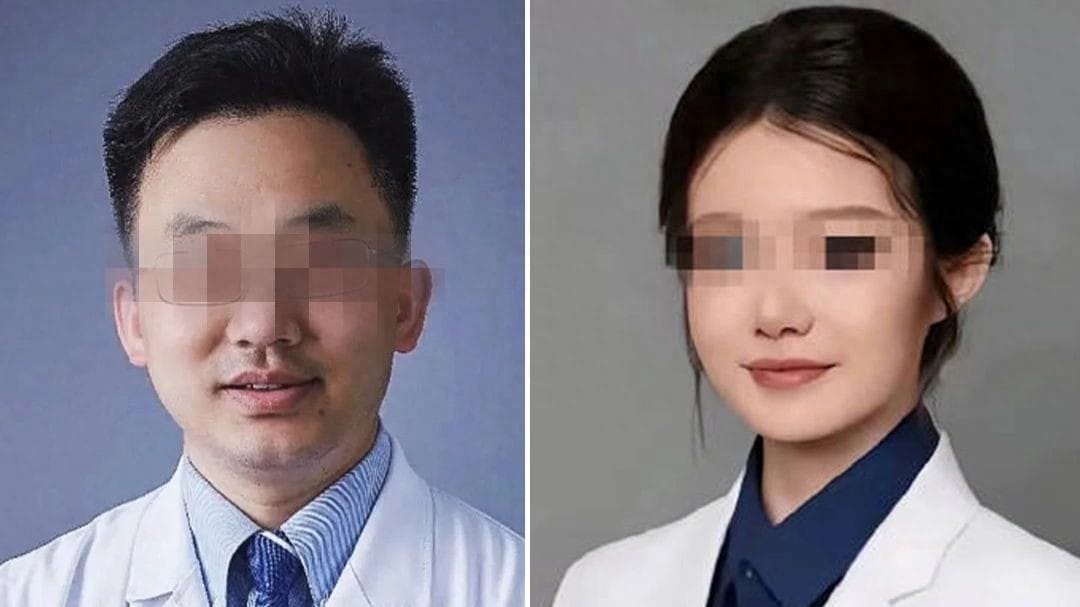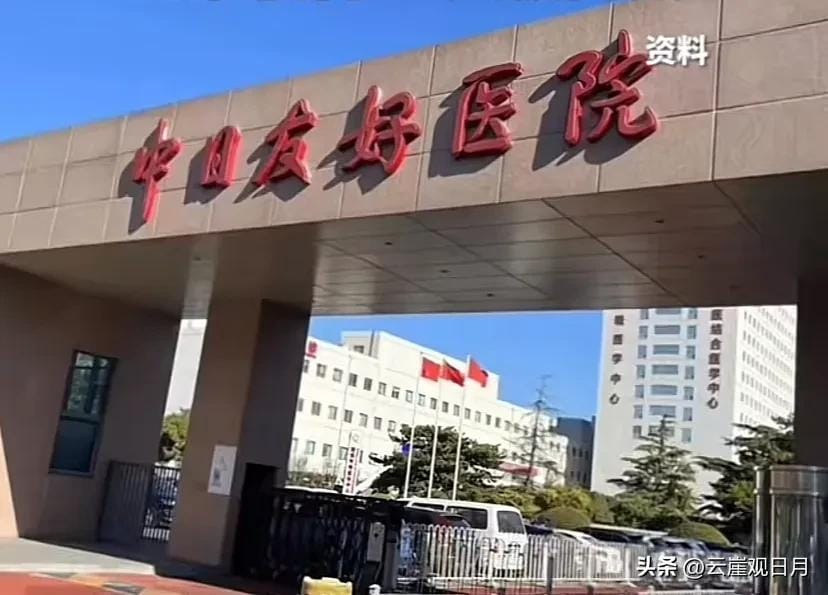Dong & Xiao Scandal Leads to Punishments for 5 Agencies and 19 Officials
The Dong & Xiao scandal uncovered serious academic fraud and medical ethics breaches, resulting in punishments for 19 officials across five top Chinese institutions.

The Dong & Xiao Scandal Uncovered: What Went Wrong?
In a shocking turn of events, the recent investigation by the National Health Commission has exposed serious breaches of trust and ethics within China's esteemed medical and academic circles. The scandal, involving Dr. Xiao from the China-Japan Friendship Hospital and a woman named Dong, has not only made headlines but also sparked outrage among the public and professionals alike. 😡
Dong's fraudulent submission of academic transcripts to qualify for the prestigious "4+4" pilot program at Peking Union Medical College is a glaring example of how deception can undermine entire institutions. Her plagiarism of over 20% of her doctoral thesis, coupled with improper authorship and duplicate publications, highlights grave academic misconduct. Meanwhile, Dr. Xiao's abandonment of a thoracic surgery mid-operation due to a dispute with hospital staff raises troubling questions about medical responsibility and patient safety.

Accountability at Last: Who Was Punished?
Following a thorough investigation, 19 individuals from 5 reputable institutions were held accountable. These include not only Dong and Xiao but also officials and staff who either enabled or overlooked the misconduct. What's even more infuriating is that one of Dong's relatives facilitated the transcript forgery, demonstrating how wide-ranging and systemic the issue is.
The involved institutions—China-Japan Friendship Hospital, Peking Union Medical College, Peking Union Hospital, National Cancer Center Chinese Academy of Medical Sciences, and University of Science and Technology Beijing—face reputational damage that should serve as a wake-up call for stricter oversight mechanisms. 🚨
Why This Scandal Matters: A Call for Fairness and Integrity
This is not just a story of individual wrongdoing; it's a symptom of deeper problems relating to fairness, meritocracy, and ethics in education and healthcare. The preferential treatment Dong received through fraudulent means is a slap in the face to countless students and professionals who work tirelessly to earn their achievements honestly. The scandal undermines trust in the entire system. 😤
It’s urgent that institutions implement stronger checks, harsher penalties, and transparent evaluations to prevent such incidents. Academic integrity and patient safety should never be negotiable—especially not for the sake of saving face or protecting influential individuals.
Moving Forward: What Needs to Change?
The scandal highlights the importance of transparency, accountability, and ethical vigilance in both academia and medicine. Institutions must:
- Enforce rigorous vetting for admissions and promotions
- Implement anti-plagiarism technologies and ethical training
- Ensure medical professionals adhere strictly to patient care protocols
- Hold all staff and officials responsible for misconduct without exception
Only by restoring faith in these fundamental principles can China's educational and medical systems move past this dark chapter.
As consumers and stakeholders in these systems, it’s vital we demand higher standards and transparency to prevent scandals like Dong & Xiao from repeating. Because when trust breaks, everyone pays the price. 🔥




